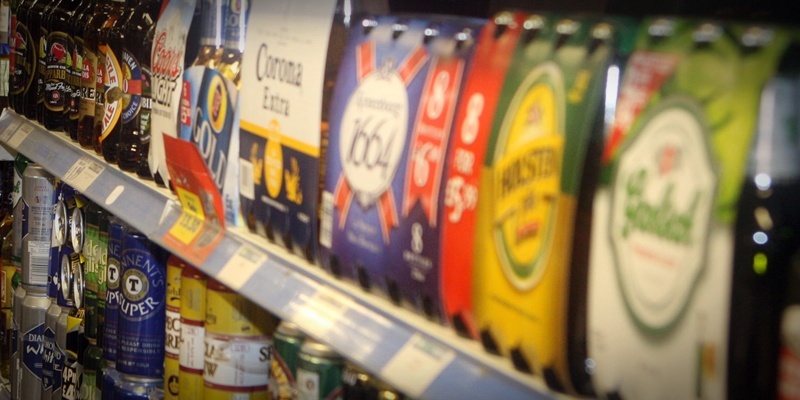Labour was left isolated in the Scottish Parliament as long-mooted plans for minimum pricing of alcohol won the backing of every other party.
SNP, Conservative, Liberal Democrat and Green MSPs all voted to support legislation to combat Scotland’s destructive relationship with drink.
But Labour were accused of having a ”desperate” and ”depressing” attitude to the devastating social problem after refusing to bow to the weight of expert opinion and vote with the government.
Instead, 32 of the party’s MSPs abstained on Wednesday’s crunch vote at Holyrood after an amendment by health spokeswoman Jackie Baillie was rejected.
Only former Health Minister Malcolm Chisholm defied the Labour whip to vote for the measure.
But the bill, which will set a minimum price for a unit of alcohol, still cleared its first parliamentary hurdle by 86 votes to zero.
Health Secretary Nicola Sturgeon accused Labour of playing ”petty party politics” with the issue.
”Most of this parliament has managed to come together to do the right thing and this parliament will now move on to the rest of this issue,” she said.
”Labour’s desperate attempt to find any excuse no matter how laughable to justify a position has little to do with public health and everything to do with petty party politics.
”Labour oppose it because the SNP propose it. That is the only reason.”
She added: ”It’s not some sort of magic bullet that will solve all of our nation’s problems with alcohol. However, it is essential if we are to make a significant contribution to reducing consumption.”
Labour has outlined 14 measures aimed at curbing Scotland’s drinking culture, including a ban on alcohol advertising in public places and a limit on caffeine in alcoholic drinks.
They tabled an amendment to the bill calling on Ms Sturgeon to cancel out any ”windfall” retailers might receive as a consequence of the plans.
Labour’s Mid Scotland and Fife MSP Richard Simpson, a former GP who specialised in addiction, said that without the windfall clause minimum pricing ”risks doing more harm than good”.
He accepted minimum pricing would have ”some effect” on harmful drinking but would also hit the poor while failing to tackle problem drinking among young people.
Conservative leader Ruth Davidson explained her party had decided to support the SNP plan after it was agreed a ”sunset clause” will be included to have the policy reviewed after five years.
She said: ”If minimum pricing doesn’t make the difference, it should not be left on the books if it does, the next parliament will have the opportunity to refresh it.”
Scottish Liberal Democrat leader Willie Rennie said he had personally always supported minimum pricing, with the party backing the policy after he took over as leader following last May’s election.
”We’ve got to bite the bullet because of the devastation it is causing in communities,” he said.
